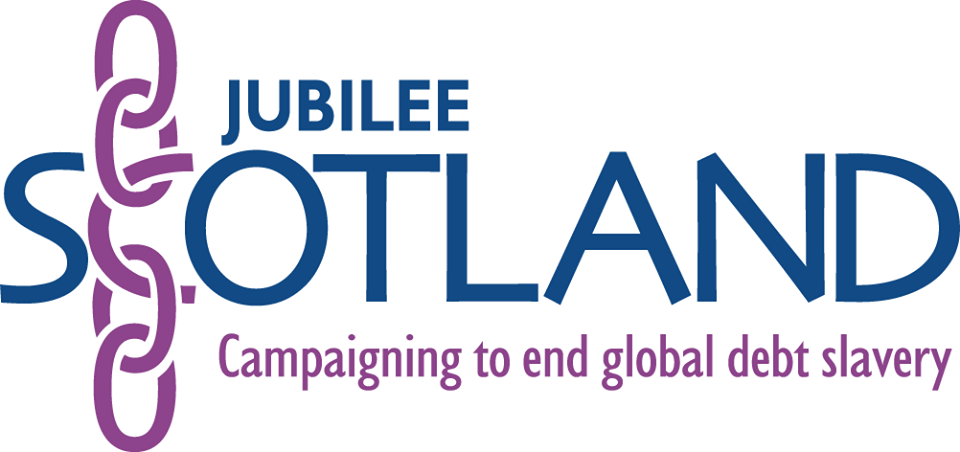
As we find ourselves halfway through week one of COP26, we have collated some of the finance highlights so far and have put together a short video to remind ourselves exactly what we mean by ‘climate debt’ and how it is impacting those in the Global South.
Around 120 heads of state and government attended the World Leaders Summit at COP26, from which much was said; Sir David Attenborough criticised wealthier nations, highlighting the inequality in that “those who’ve done the least to cause this problem are being the hardest hit.” Boris Johnson urged richer countries to meet their promise to send $100bn (£74bn) a year to less developed countries sooner rather than later; and President Julius Maada Bio of Sierra Leone raised debt as a key barrier to fighting the climate emergency.
There have been a number of brilliant financial pledges by governing bodies and world leaders, including Scottish First Minister, Nicola Sturgeon, who pledged a £1 million fund to help developing countries deal with “loss and damage” from climate change; the European Union is pledging an additional €4.7 billion until 2027, and the US is doubling its commitment to over US$11 billion annually by 2024.
Whilst these pledges are positive, an IPCC report organised by the UK Gov ahead of COP26 estimates US$2.4 trillion is needed annually for the energy sector alone until 2035 to limit global warming below 1.5℃ to prevent catastrophic consequences.
We now head into the ten days of negotiation, the first of which being finance-focused (3rd Nov), where the deliberations on specific requirements and resulting action points become clearer.
The presidency program refers to the Finance theme as focusing on ‘mobilising public and private finance flows at scale for mitigation and adaptation.’ At Jubilee Scotland, we expect the topic of debt to be high on the agenda, and we are hopeful for a variety of positive outcomes.
Jubilee Scotland’s Campaign Director, Dr Line Christensen, says:
“Today is Finance Day at COP26 and there will be an increased focus on climate finance issues and mechanisms. We go into this day hearing a broad acknowledgement that there simply is not enough climate finance on the table, amid concerns about how much of this finance is provided as loans rather than grants. We need more discussions about how sovereign debt is part of the climate finance problem and the significance of debt cancellation being a part of the solution!”
We would like to see the UK government put pressure on other wealthy countries (particularly those who are big emitters) to:
- Give climate finance as grants, not loans, so that climate-vulnerable countries do not go deeper into debt
- Grant debt cancellation to all countries that need it, and make sure new debts that make it harder for countries to respond to climate change don’t build up again in future
- Set up a fund for climate disasters, and when disaster hits, automatically suspend debts.
Watch our short video on climate finance below and keep up to date on everything #COP26 over on our Twitter, Instagram and Facebook channels.

Leave a Reply